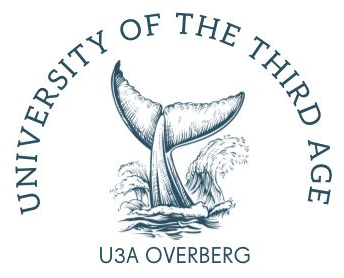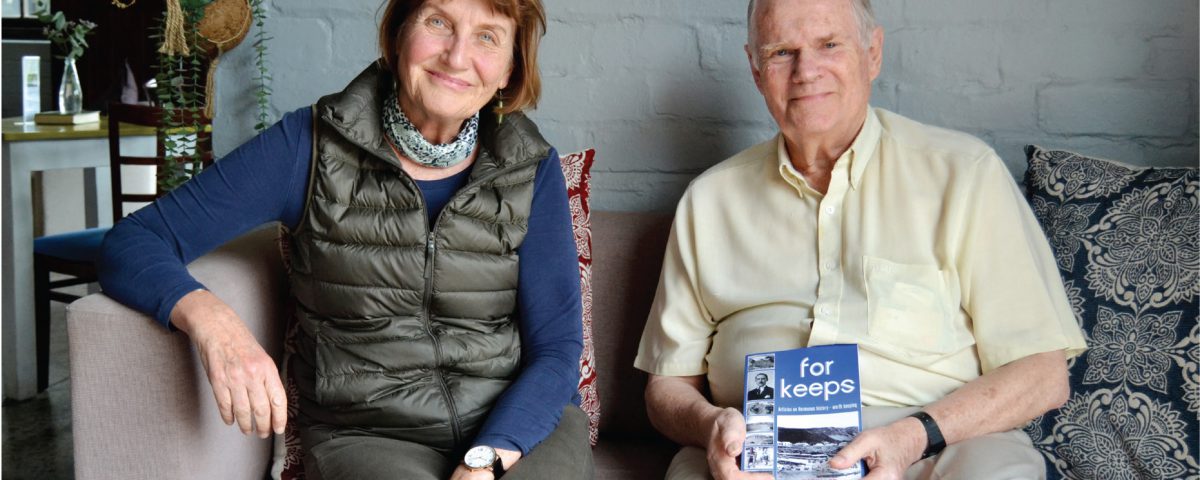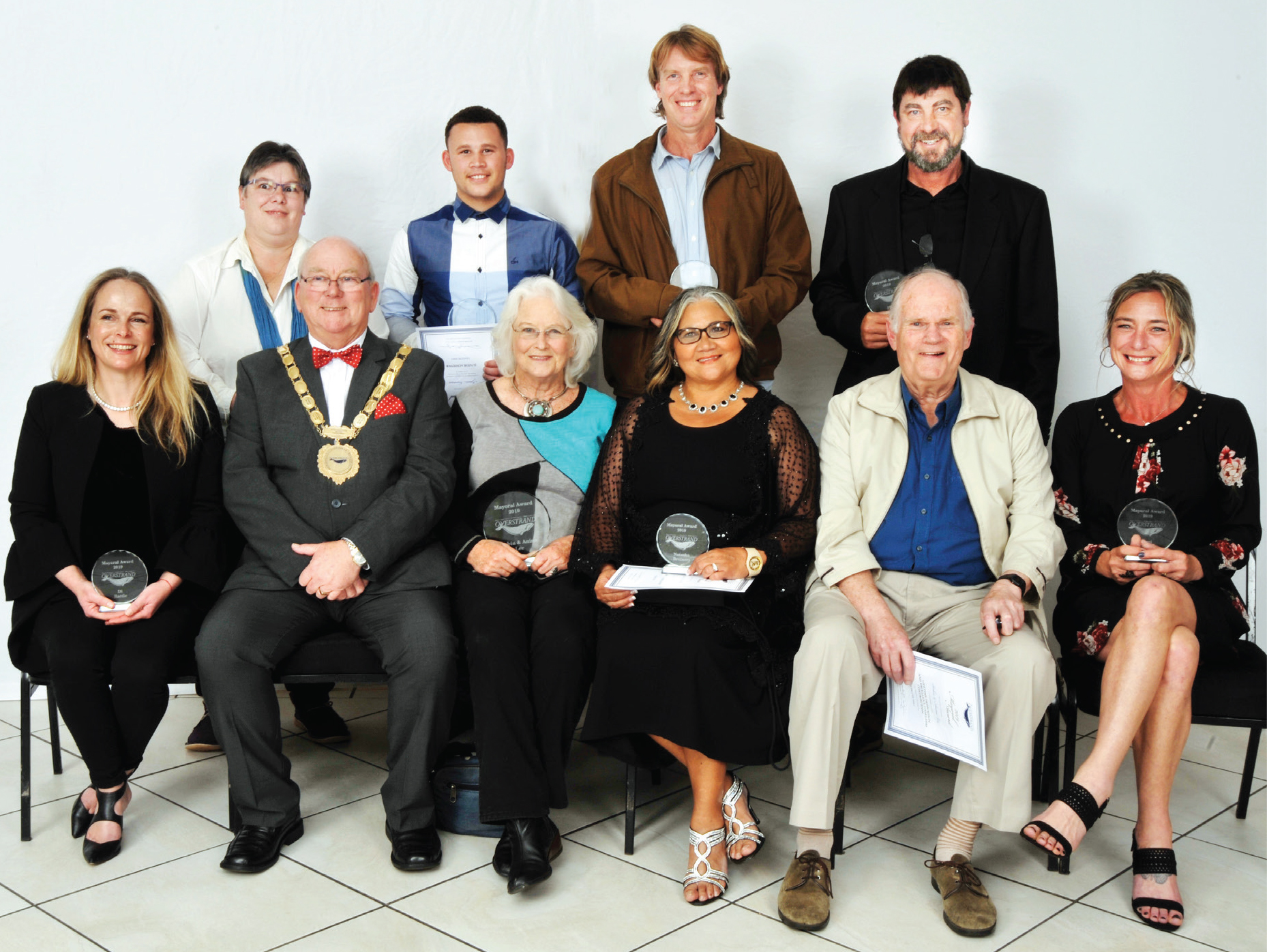
Stalwarts receive recognition at Mayoral Awards Ceremony
October 10, 2019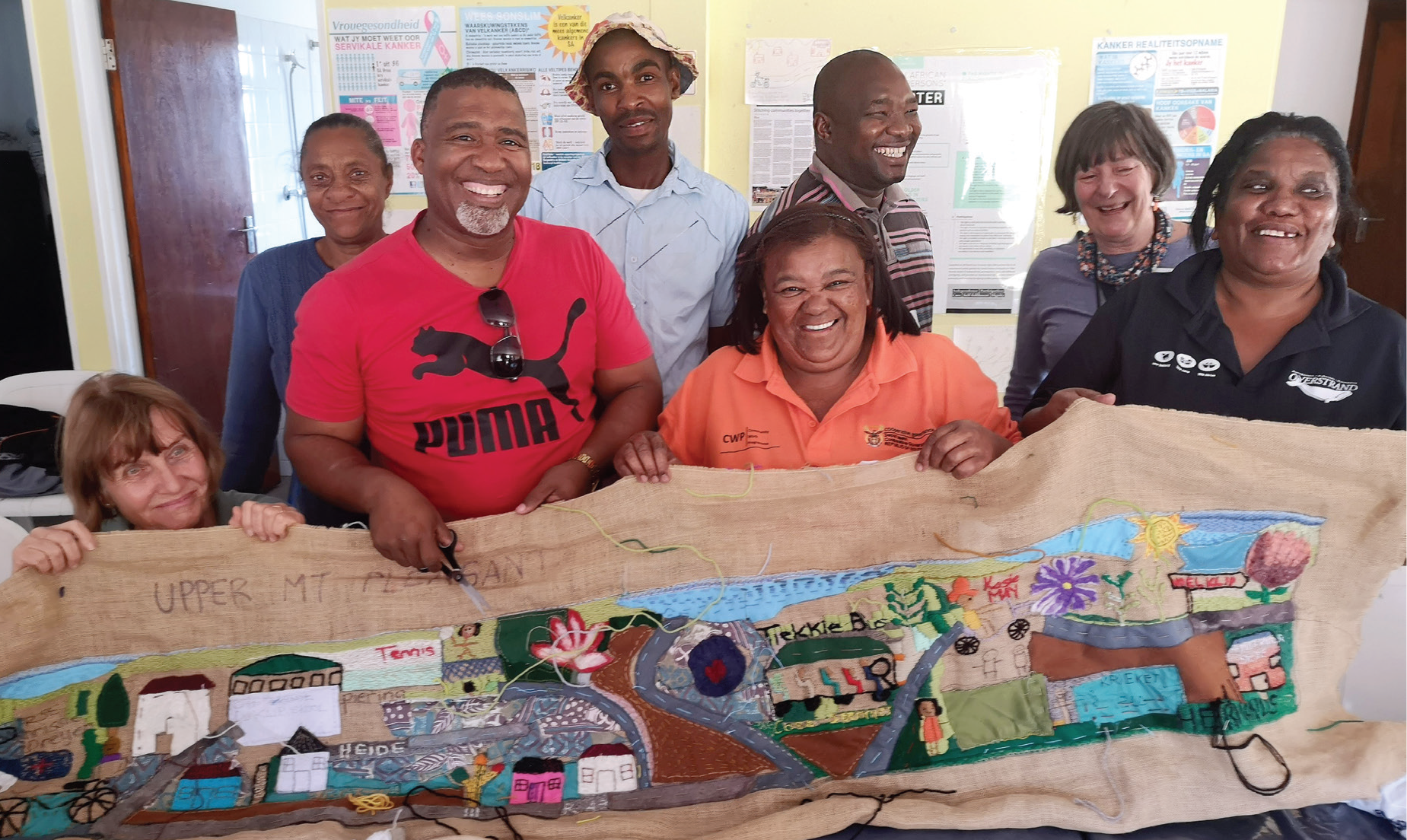
Recording Mount Pleasant’s history through art
October 17, 2019Writer Elaine Davie
Today is tomorrow’s yesterday’ is an old adage which indicates the fluidity of history. It is not an event, a time-span, an era; rather, it’s an ever-turning wheel connecting people and places, repeating itself in predictable patterns through time and place. And this, of course, is what makes it so fascinating to historians. It becomes a treasure hunt, a tracking of connections by following clues; predicting the future through the events of the past.
It was this passion for history which brought two Hermanus residents together in 2012 to start a history society. Angela Heslop, a former nurse, who had lived most of her adult life in the UK and Dr Robin Lee, with a PhD in Literature and many years of community service in the NGO sector in Johannesburg, had both come to Hermanus to retire, but had been long-time visitors to the town before that. They wanted to know more about the origins of this village by the sea: why had it attracted such a diversity of people either to stay or to visit?
Beyond that, they wished to bring the history of Hermanus alive to visitors and residents and to create an historical awareness in those whose ancestors had lived in or had connections with the town. They planned to do this by creating a forum for the sharing of historical information through exhibitions, talks by a variety of historians, the preservation of historical sites and outings to places of historic interest.
They also wished to assist in identifying and preserving historical documents and to enable easy access to them. All these activities would be done in collaboration with the Heritage and Aesthetics Committee, the Old Harbour Museum and other bodies interested in the history of Hermanus.
When Angela and Robin fi rst linked up, she and some helpers, including the late author, SJ du Toit, had already started preparing timeline story boards on various aspects of Hermanus history to illustrate their talks or as stand-alone displays at venues visited by tourists. With his interest in research, Robin was the perfect person to drive this aspect of the project. His particular interest was in tracing the connections and interactions between both residents and visitors to the town.
On the other hand, when Angela first arrived in Hermanus as a nursing specialist in respiratory diseases, she had become involved in setting up a home-based nursing service for the people of Zwelihle and Mount Pleasant. Along the way, these people began to share the stories of their forebears in Hermanus. Her interest began to focus on the history of place and community.
They can look back on the past seven years with some satisfaction. Not only has the membership grown to 108 keen participants in the monthly presentations and at least two site visits a year, but by means of advocacy directed at the Overstrand Municipality as well as the business community, they are also actively involved in preserving the historic old town, as well as individual buildings and sites.
Robin believes that preservation of the past in a town like Hermanus is not just a nice-to-have, add-on attraction, but it holds powerful economic benefits. Over five phases of development, Hermanus has always found ways to strengthen its economy; he is of the firm opinion that by resurrecting its history, Hermanus will enhance its ability to attract visitors.
“That’s why the quote, ‘The past is never past’ rings true for me. Looking back on earlier times from a current perspective, one can often discern a solution to a problem that was not apparent at the time. The past is what gives a particular town its character and that is what tourists are looking for.
“The first phase of development which gave a boost to the economy of the town was to be found in its very early history, when the fishing industry presented the opportunity for a barter economy to flourish, attracting out-of-town business people. Then round about the 1890s when the first hotels were built, holiday-makers brought money to the town to spend; this was followed by the construction of holiday houses in the early 1920s when the financial input became more sustained and more diversified. Then came the retirement economy, which contributed money and many developmental spin-off s to the town. Finally, we have tourism and this is what we should be focusing on from every possible angle, including its unique history, to attract more money to the town.”
The Village NEWS has been proud to feature regular articles by Robin over the years and because his interest is largely in who was who and who knew whom, his articles have focused largely on this aspect of social history.
In November this year, he will be releasing a new book entitled For Keeps: articles on Hermanus history worth keeping, including a reworking of some of these pieces. The book he published earlier this year was called Hermanus History: People and Events that touched our town 1890 – 1912.
Robin believes that the Group Areas Act of 1950 was the single most destructive event in the history of Hermanus, the effects of which are still being felt in the town today.
If they are to be undone, it will only be through looking the past squarely in the face and trying to understand in retrospect what harm was done to our various communities, and then making every effort to build bridges to reconnect them. As Angela says, “Understanding our past helps us appreciate the present and throws a light on how our communities came to be what they are today. Much of our apartheid history is kept hidden and it takes some digging to unearth the truth.”
And this is where Angela’s experience with the people of Zwelihle and Mount Pleasant comes into play again. Hearing about the Keiskamma Embroidery Project in the Eastern Cape and the huge tapestry they created depicting the history of their own area, Angela contacted Carol Hofmeyr, founder of the project, and asked if she would be prepared to facilitate the making of a similar tapestry in which each of the separate communities could tell their own stories.
The first section of the tapestry depicting the history of Zwelihle, as told by its residents, was successfully completed last year and now the second phase is being prepared by the people of Mount Pleasant. These are a living testimony to the healing power of history, with each community telling its stories with a sense of fulfilment and pride.
From time to time our sad past delivers a story which underlines just how ridiculous it was. Robin is currently doing research into Jan Smuts’ connection with Hermanus. Two of his sisters lived here and he visited often, becoming particularly friendly with the Luyt family who owned The Marine Hotel. Hearing that John Luyt was ill and receiving nursing care at home, he decided to pay him a visit.
When there was a knock at the front door, one of the nurses went to open it. On the doorstep, she found a disreputable-looking old man with a fi sh in his hand. “I’ve brought a fish for John,” he said. “Oh well,” she replied brusquely, “just take it round to the back door and you can give it to the cook.” Obediently, the Prime Minister of South Africa did as he was told.
For more information on the Hermanus History Society, Angela can be contacted on angelaheslop44@gmail.com and Robin on robinlee@hermanus.co.za
The Village News would like to congratulate Robin and Anina Lee, both of whom are regular contributors to the paper, on being presented with the 2019 Mayoral Lifetime Award in acknowledgement of a lifetime of Dedication and Excellent, Unselfish Contribution.
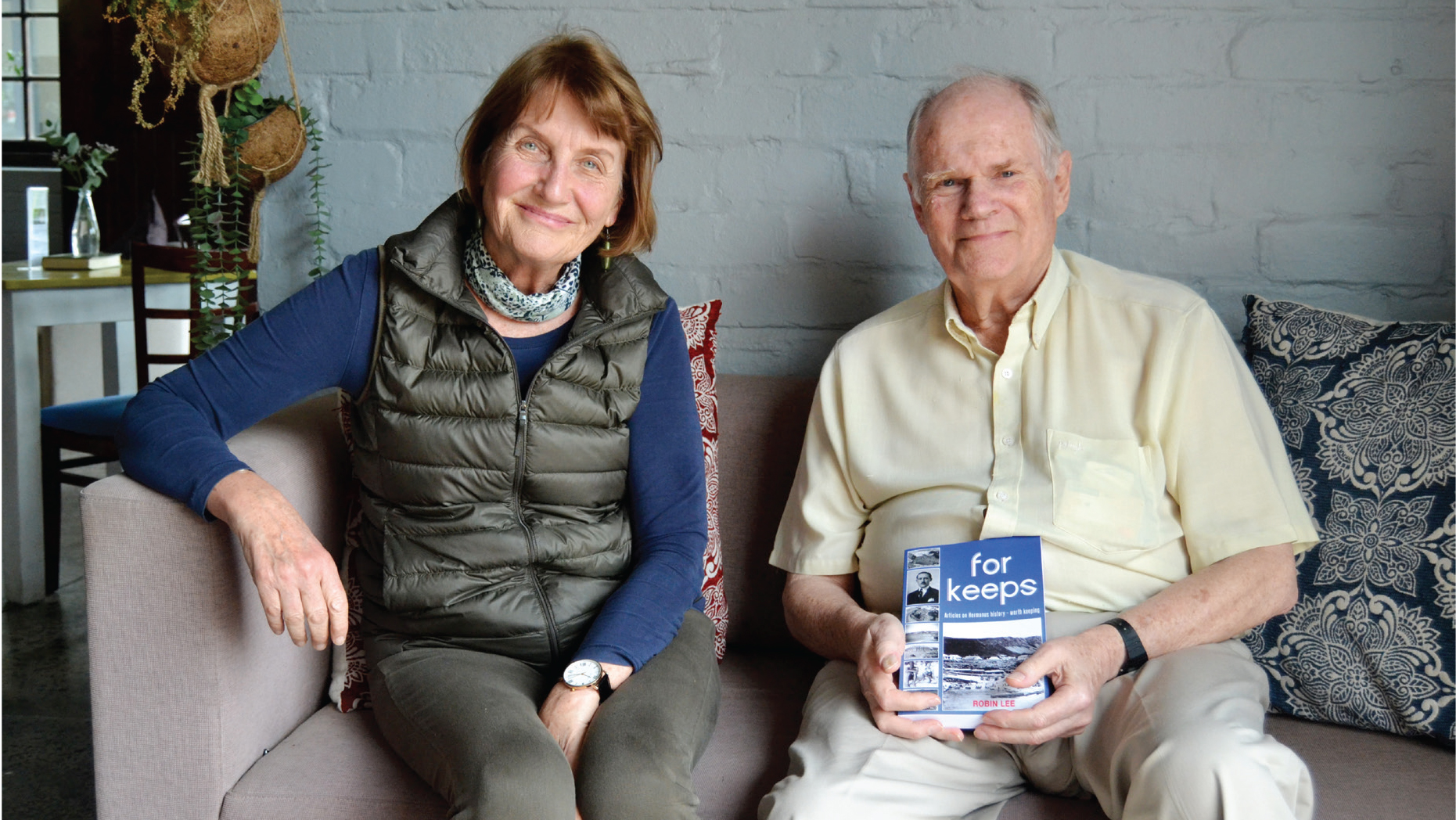
Angela Heslop and Dr Robin Lee, founders of the Hermanus History Society. Robin’s latest book, For Keeps: articles on Hermanus history worth keeping will appear in November. PHOTO: Taylum Meyer
